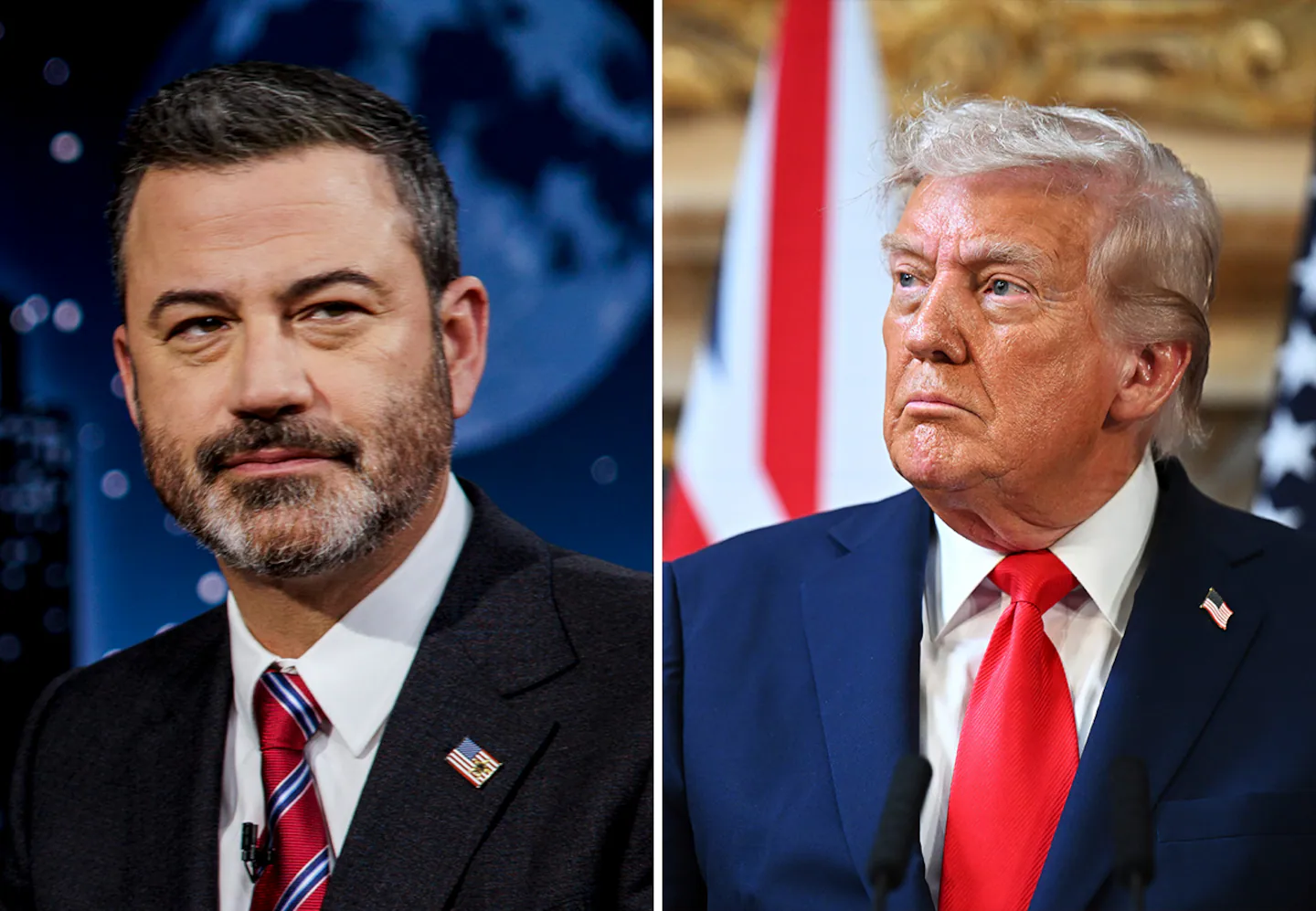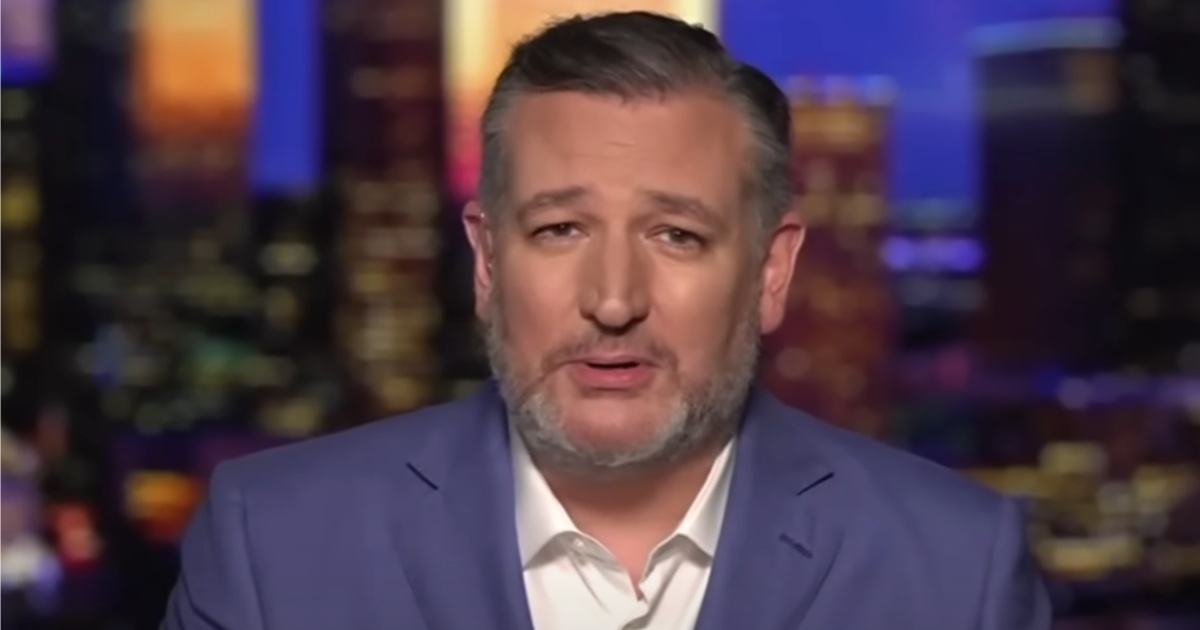
Take Disney’s indefinite suspension last week of ABC late-night host Jimmy Kimmel. The media giant acted after a Trump official threatened regulatory consequences for the comedian’s off-the-mark suggestion that the alleged killer of Charlie Kirk, a far-right activist, was a MAGA supporter himself.
Disney chief Bob Iger makes a ton of money to protect the company’s profits and the value of its stock, currently about $205 billion. He abandoned free speech — and Kimmel — as the price of protection.
Iger’s decision is short-sighted and dismaying when democracy is under siege. But corporate leaders aren’t supposed to be Mahatma Gandhi or Martin Luther King Jr. They have a legal fiduciary duty to act in the best interests of their companies and shareholders.
Fiduciary responsibility doesn’t require profits at any cost; the interests of a company’s employees, customers, and the communities it serves can — and often are — factored into decisions.
But ultimately, the bottom line is the bottom line. Doctors vow to do no harm. CEOs are learning to do no harm to their their balance sheets.
It was common for executives to take activist stands when they believed it would help their brand, workforce, or customer base. That explains why so many companies went overboard on causes such as LGBTQ rights, Black Lives Matter, gun control, and environmental sustainability when the country appeared to be shifting left. Those positions resonated with the progressive consumers they were courting. It was good marketing.
Disney, under a different CEO, opposed Florida’s “Don’t Say Gay Bill,” which limits discussion of sexual orientation and gender identity in schools, after pressure from employees.
But the pendulum has swung back to the right. Today, the smart business move is to appease a president who shows no hesitation in punishing perceived enemies.
Companies are purging their websites of diversity, equity, and inclusion language. They’re downplaying climate commitments. CEOs are biting their tongues as tariffs squeeze profits.
Law firms have quietly yielded to questionable administration demands to get out from under Trump’s thumb.
Trump is exerting presidential power in ways no predecessor attempted. He has no qualms about turning the Justice Department, the Federal Communications Commission, or the Food and Drug Administration against companies and executives who criticize him. For CEOs, ignoring that threat can mean regulatory headaches, broken deals, or supply-chain disruptions.
Consider Apple. It enjoys a market value of $3.6 trillion and sits on more than $130 billion in cash. Yet one tariff order could upend its carefully balanced global supply chain. So chief executive Tim Cook pledges billions in US investments and stays conspicuously on Trump’s good side.
The same goes for Nvidia, whose booming business in artificial-intelligence chips depends on access to both US and Chinese markets. In return for continued support, the company agreed to build plants in America and hand over 15 percent of its China sales to the federal government.
Or Paramount Global. Its controlling shareholder, Shari Redstone, wanted approval for an acquisition by Skydance Media. At the same time, Trump had filed a dubious lawsuit against CBS News, a Paramount unit. The deal went through after Redstone settled, agreeing to pay $16 million to cover Trump’s legal fees, with the rest going to his presidential library.
Even titans like Jeff Bezos of Amazon and Mark Zuckerberg of Meta, once frequent Trump targets, are acting like fully paid up members of the president’s fan club.
There are exceptions.
Ben & Jerry’s continued to press progressive causes even after its 2000 sale to Unilever, aided by unusual independence for its founders. But that autonomy collapsed when the company tried to stop selling ice cream in Israeli-occupied territories, leading to a public clash with its parent. The episode showed how fragile corporate activism becomes when it collides with financial and political realities.
All of this underscores a basic point: corporations are pragmatic actors. They depend on the government for favorable tax treatment, regulatory approvals, and stable conditions for investment. Keeping in the good graces of whoever holds power is common sense.
That doesn’t absolve them of responsibility for how they treat workers, vendors, or the environment. But it does mean they are poorly suited to be guardians of democracy or counterweights to presidential overreach.
We like it when a company seems to share our values. But corporate ethics are almost always transactional. What looks like principle usually amounts to strategy. When Trump flexes his power and CEOs fall in line, they aren’t betraying some higher duty. They’re doing their jobs.
Where does that leave us?
Consumers can register their approval or disdain with their credit cards. Voters can assert their preferences at the ballot box.
Defending democracy can’t rest on the consciences of CEOs. It’s our job.



